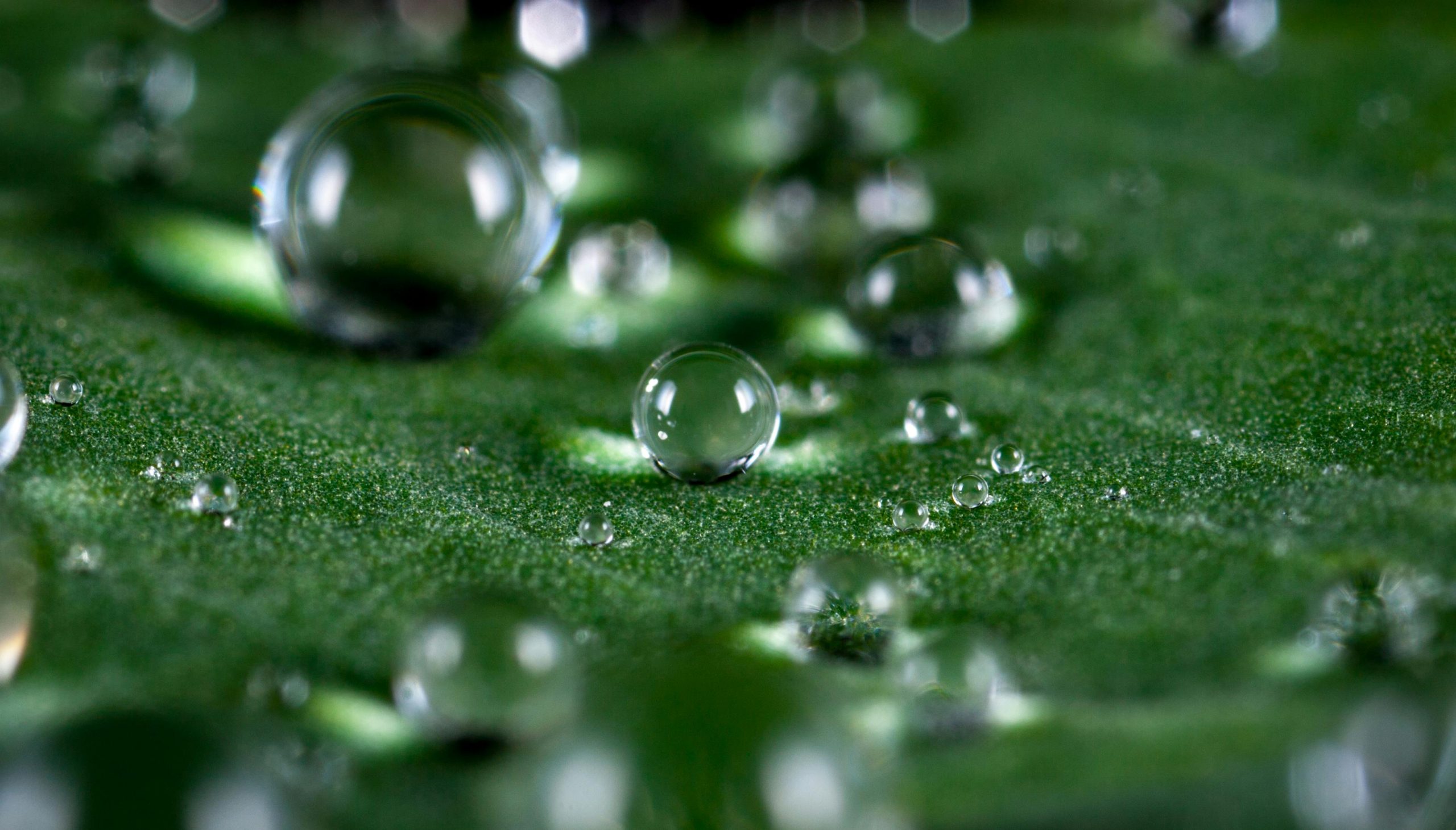Rainwater harvesting in Arizona is an increasingly popular practice due to its numerous benefits and the state’s supportive stance. However, like any practice, it has its advantages and disadvantages. Here’s a detailed look at the pros and cons of collecting rainwater in Arizona.
Pros of Collecting Rainwater in Arizona
- Rainwater Conservation in Arizona
- Benefit: Collecting rainwater helps conserve Arizona’s precious water resources.
- Impact: Reduces reliance on groundwater and municipal water supplies, promoting sustainable water use in Arizona.
- Cost Savings with Rainwater in Arizona
- Benefit: Using rainwater can significantly lower water bills in Arizona.
- Impact: Provides an economical alternative for irrigation and other non-potable uses, saving money in the long run in Arizona.
- Environmental Benefits of Rainwater in Arizona
- Benefit: Reduces stormwater runoff and its associated issues in Arizona.
- Impact: Minimizes soil erosion and decreases the load on stormwater systems in Arizona, which can prevent flooding and reduce water pollution.
- Healthier Plants with Rainwater in Arizona
- Benefit: Rainwater is free of the chemicals found in treated tap water in Arizona.
- Impact: Provides a healthier option for watering gardens and landscapes in Arizona, leading to more robust plant growth.
- Incentives and Rebates for Rainwater in Arizona
- Benefit: Many municipalities in Arizona offer financial incentives for rainwater harvesting.
- Impact: These programs can offset the initial setup costs, making it more affordable for homeowners in Arizona to install rainwater harvesting systems.
- Groundwater Recharge with Rainwater in Arizona
- Benefit: Collecting and using rainwater helps recharge groundwater supplies in Arizona.
- Impact: Supports the sustainability of local water sources and helps maintain groundwater levels in Arizona.
- Emergency Water Supply from Rainwater in Arizona
- Benefit: Provides an alternative water source in case of supply disruptions in Arizona.
- Impact: Ensures a reliable backup for essential water needs during emergencies or droughts in Arizona.
Cons of Collecting Rainwater in Arizona
- Initial Setup Costs for Rainwater Harvesting in Arizona
- Challenge: The cost of installing a rainwater harvesting system can be high in Arizona.
- Impact: While there are long-term savings, the initial investment can be a barrier for some homeowners in Arizona.
- Maintenance Requirements for Rainwater Systems in Arizona
- Challenge: Regular maintenance is necessary to keep the rainwater system functioning properly in Arizona.
- Impact: Homeowners in Arizona need to clean gutters, filters, and storage tanks periodically to prevent contamination and system failures.
- Limited Storage Capacity for Rainwater in Arizona
- Challenge: The amount of rainwater that can be collected and stored is limited by the size of the storage system in Arizona.
- Impact: During periods of low rainfall, the stored rainwater may not be sufficient to meet all water needs in Arizona.
- Water Quality Concerns with Rainwater in Arizona
- Challenge: Collected rainwater may contain contaminants from the roof and gutters in Arizona.
- Impact: Proper filtration and treatment are required if the rainwater is to be used for potable purposes, adding to the complexity and cost of the system in Arizona.
- Legal and Regulatory Compliance for Rainwater in Arizona
- Challenge: Homeowners must comply with state laws and local ordinances in Arizona.
- Impact: Navigating legal requirements can be complex, and non-compliance can result in fines or other issues in Arizona.
- Seasonal Variability of Rainwater in Arizona
- Challenge: Rainfall in Arizona can be unpredictable and seasonal.
- Impact: Dependence on rainwater harvesting alone may not be reliable during extended dry periods in Arizona.
- Space Requirements for Rainwater Systems in Arizona
- Challenge: Rainwater harvesting systems require space for storage tanks and equipment in Arizona.
- Impact: Not all properties in Arizona have the necessary space to install a large enough system to meet water needs effectively.
Collecting rainwater in Arizona offers many benefits, from conserving water and reducing utility bills to providing environmental benefits and healthier plants.
However, it also comes with challenges such as initial setup costs, maintenance requirements, and the need for adequate storage and filtration.
By carefully weighing the pros and cons, homeowners in Arizona can make informed decisions about whether rainwater harvesting is a suitable and beneficial practice for their needs.
Is It Illegal To Collect Rainwater In Arizona? FAQs
1. Is it illegal to collect rainwater in Arizona?
No, it is not illegal to collect rainwater in Arizona. In fact, the state encourages rainwater harvesting as a method to conserve water and reduce demand on the public water supply.
2. Are there any state laws governing rainwater collection in Arizona?
Yes, Arizona state laws permit the collection of rainwater on private property. The Arizona Department of Water Resources (ADWR) provides guidelines on how to safely and effectively collect and use rainwater.
3. Do local municipalities in Arizona have ordinances regarding rainwater collection?
Yes, some municipalities in Arizona have specific ordinances and incentives to promote rainwater harvesting. It’s important to check with your local government for any additional regulations or programs.
4. What are the benefits of collecting rainwater in Arizona?
Collecting rainwater in Arizona offers several benefits, including water conservation, reduced water bills, decreased stormwater runoff, healthier plants, and environmental sustainability. It also helps recharge groundwater supplies.
5. Can collected rainwater be used for drinking in Arizona?
Yes, collected rainwater can be used for drinking in Arizona if it is properly filtered and treated to meet health standards. However, most people use it for non-potable purposes like irrigation and landscaping.
6. Are there any incentives for installing rainwater harvesting systems in Arizona?
Yes, many municipalities in Arizona offer financial incentives such as rebates and grants for installing rainwater harvesting systems. These programs aim to encourage sustainable water management practices.
7. What kind of maintenance is required for a rainwater harvesting system in Arizona?
Regular maintenance for a rainwater harvesting system in Arizona includes cleaning gutters, downspouts, and storage tanks, inspecting for leaks, and ensuring that filtration systems are functioning properly to prevent contamination.
8. How much rainwater can I legally collect in Arizona?
There are no restrictions on the amount of rainwater you can collect on your property in Arizona. You can collect as much rainwater as your storage system can hold.
9. Is rainwater harvesting effective in the Arizona climate?
Yes, rainwater harvesting is effective in Arizona, especially during the monsoon season when rainfall is more frequent. However, it is important to have adequate storage and an efficient collection system to maximize benefits.
10. How do I get started with rainwater harvesting in Arizona?
To get started with rainwater harvesting in Arizona, research state laws and local ordinances, design an efficient system with appropriate storage, follow ADWR guidelines, and explore available incentives. Regular maintenance and proper use of collected rainwater will ensure the system operates efficiently and provides maximum benefits
Final Thoughts
Collecting rainwater in Arizona is a legal and environmentally beneficial practice that can help conserve water and reduce your utility bills.






